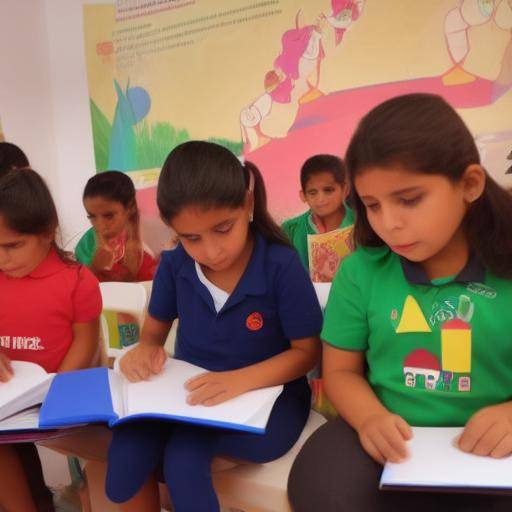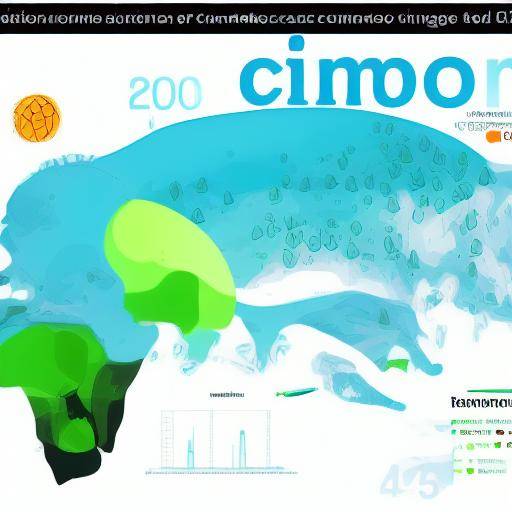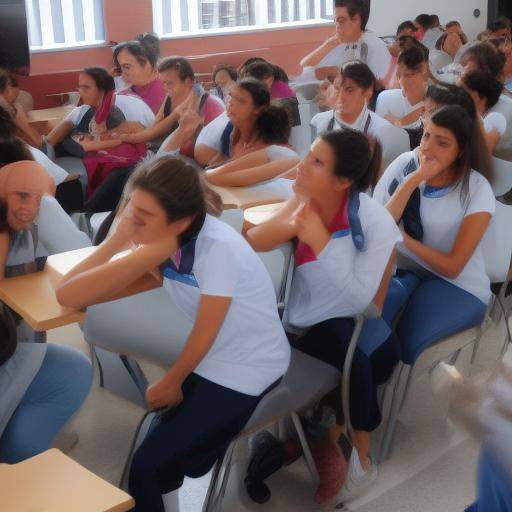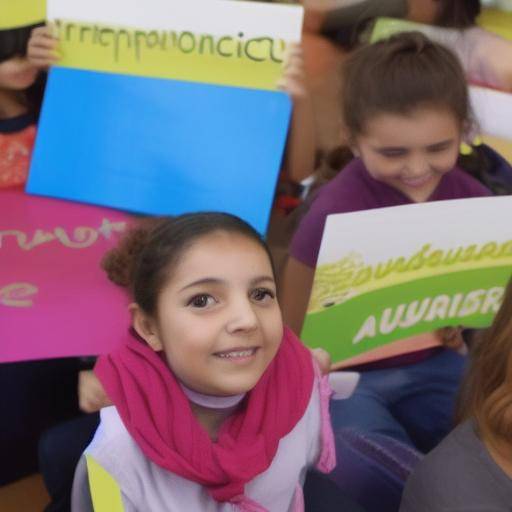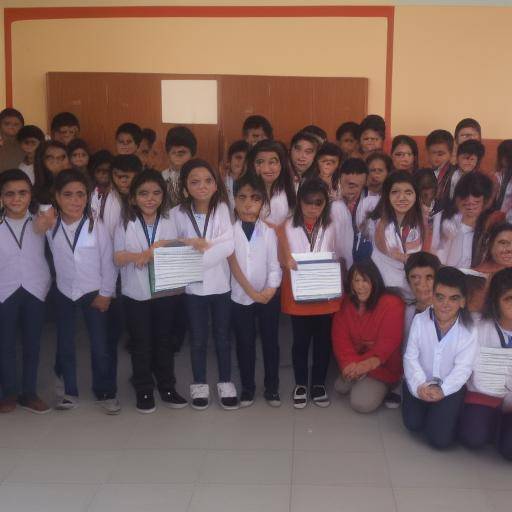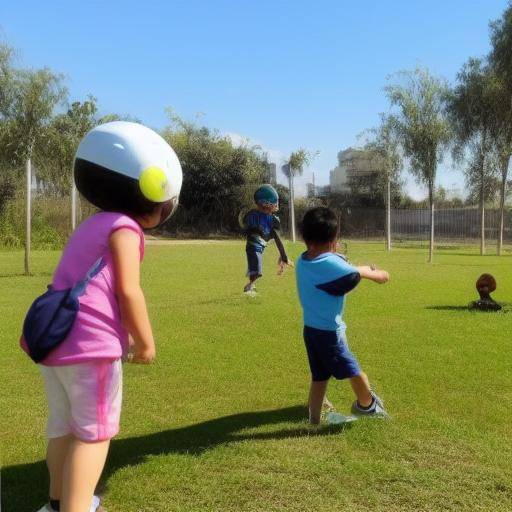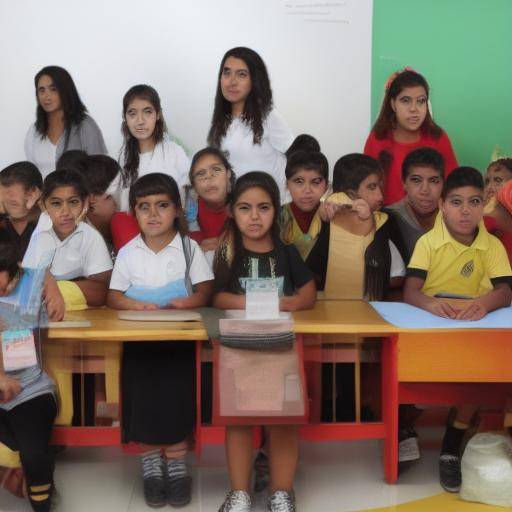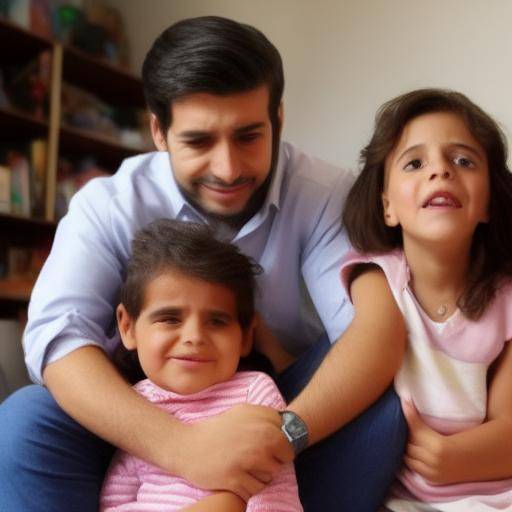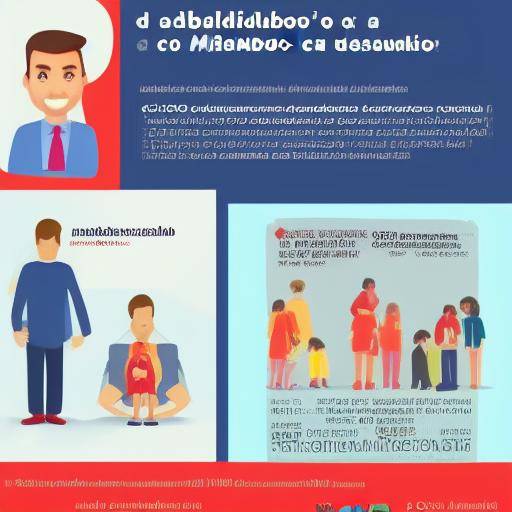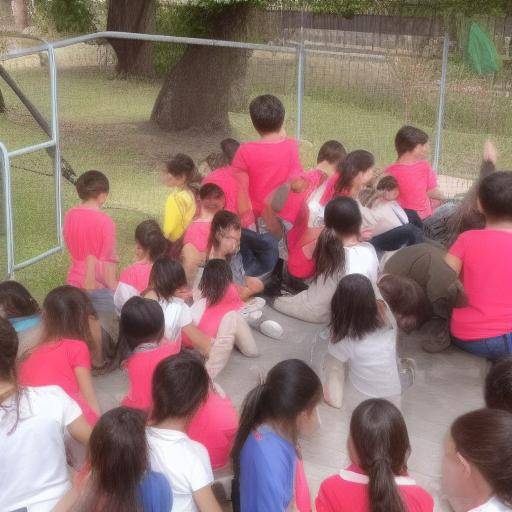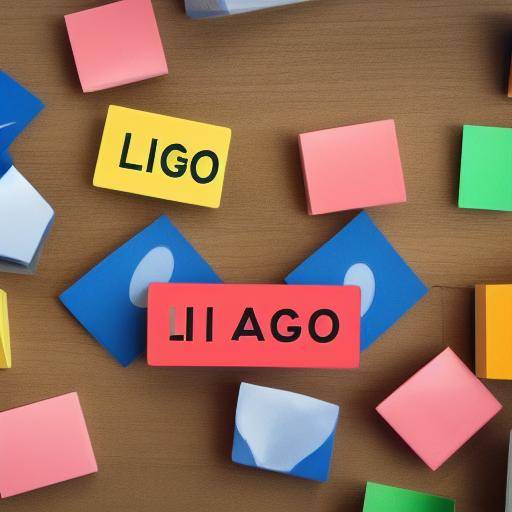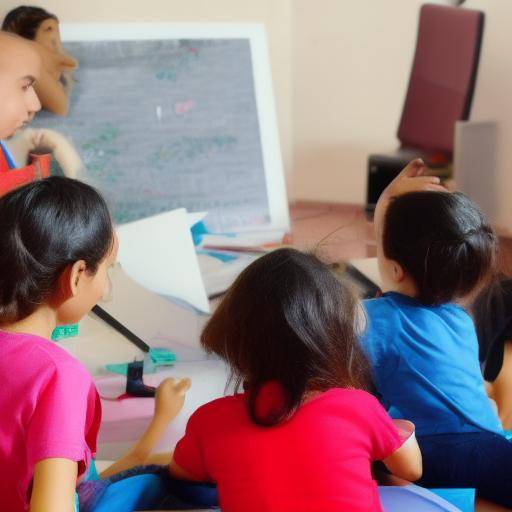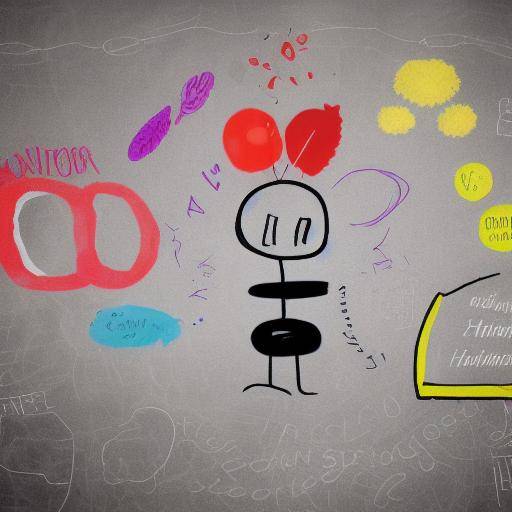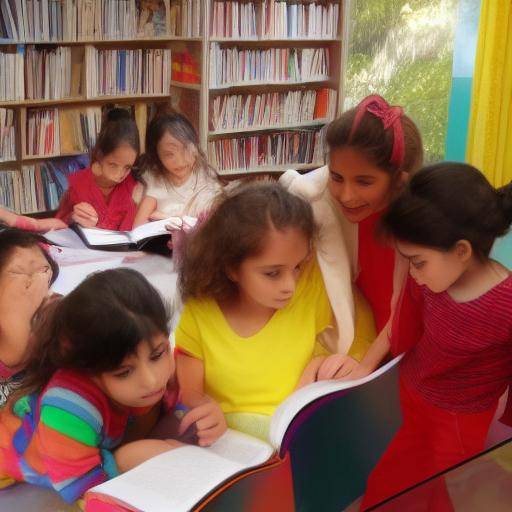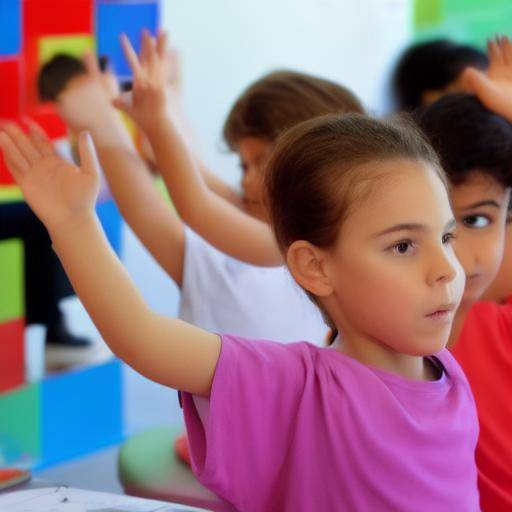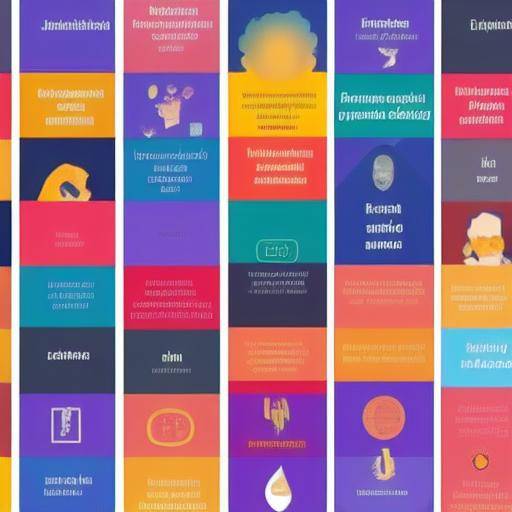
Critical thinking is a fundamental skill in the working environment, and its team development is key to effective problem solving, informed decision-making and innovation promotion. In this article, we will explore the essential resources to develop critical thinking in teams, providing a comprehensive vision, in-depth analysis, practical advice and future trends.
Introduction
Critical thinking in teams is an essential component for success in the current business environment. By building the capacity of workers to analyze, evaluate and resolve problems in a reflexive and effective manner, organizations can raise their productivity, creativity and ability to adapt to constantly changing challenges.
In this article, we will explore the most effective resources to develop this skill in teams, offering a complete view of its importance, historical evolution, deep analysis, key comparisons and practical advices backed by experts on the subject.
History and Background
The concept of critical thinking dates back to ancient Greece, where philosophers like Socrates, Plato and Aristotle promoted the importance of questioning, reflecting and critically analysing ideas and beliefs. Over time, critical thinking has become a fundamental pillar in education and the professional sphere.
The development of critical thinking in teams has been driven by the need to resolve complex challenges collaboratively, and its importance has been supported by studies that demonstrate its positive impact on decision-making and problem solving in diverse working environments.
Analysis in Deep
The development of critical thinking in teams presents a series of clear benefits, including increased ability to analyze information, identify innovative solutions, minimize bias in decision-making and foster a collaborative environment based on the underlying argumentation.
However, it also faces challenges, such as resistance to change, lack of specific development resources and difficulty in effectively assessing individual and group progress in this key skill.
Comprehensive review
When it comes to resources to develop critical thinking in teams, it is essential to consider a wide range of approaches, from evaluation tools and specialized trainings to the implementation of agile methodologies that encourage constant reflection and analysis.
By comparing different approaches, it is important to take into account the appropriateness of the context and specific needs of the team, as well as the ability to integrate these practices in a sustainable way into organizational culture.
Comparative analysis
The variety of resources available to develop critical thinking in teams can include from training programs in soft skills, interactive learning platforms, to the implementation of mentoring practices that encourage constructive argumentation and reflective analysis in solving complex problems.
The comparison between these resources allows us to identify their strengths and limitations, as well as the possibility of integrating complementary strategies to maximize the impact on the development of critical thinking on multidisciplinary teams.
Practical Tips and Accessible Recommendations
In considering the implementation of resources for the development of critical thinking in teams, it is essential to establish a comprehensive strategy that involves the active participation of members, the continuous assessment of progress and the generation of spaces for the practice and application of skills acquired in real situations.
In addition, the identification of leaders promoting critical thinking and the allocation of specific roles at the team level can enhance the impact of the selected resources and foster an organizational culture based on critical reflection and informed decision-making.
Conclusions and FAQs
Concluding, the development of critical thinking in teams demands a combination of resources, ranging from training programs and interactive platforms to mentoring practices, aimed at promoting analytical, reflective and argumentative skills.
Frequently asked questions
1. Why is it important to develop critical thinking in teams?
Critical thinking in teams is crucial to effectively address complex challenges, foster creativity and minimize bias in decision-making.
2. What are some effective resources to encourage critical thinking in teams?
Resources such as specialized trainings, interactive learning platforms and mentoring practices have proven to be effective in developing critical thinking in teams.
3. How can I assess the progress of the development of critical thinking on my team?
Evaluation of progress in the development of critical thinking in teams may include specific measurement tools, direct observation of behaviors and analysis of results in problem solving.
4. What role do leaders play in promoting critical thinking in teams?
Leaders play a key role in promoting a culture that values critical thinking, assigning roles that foster these skills and providing support and recognition for informed reflection.
5. How can I implement resources for the development of critical thinking in my organization?
The effective implementation of resources for the development of critical thinking in teams requires a comprehensive strategy that includes training, practice and integration into organizational culture.
6. What is the long-term impact of fostering critical thinking on the work teams?
The development of critical thinking in work teams can generate a long-term positive impact on productivity, innovation and ability to adapt to the changing challenges of the working environment.
In short, the development of critical thinking in teams is a fundamental process that requires a balanced combination of resources, strategies and a continuous commitment by all members of the organization. By leveraging the available resources with a reflective and strategic approach, companies can promote excellence in decision-making and the effective approach to present and future challenges.

